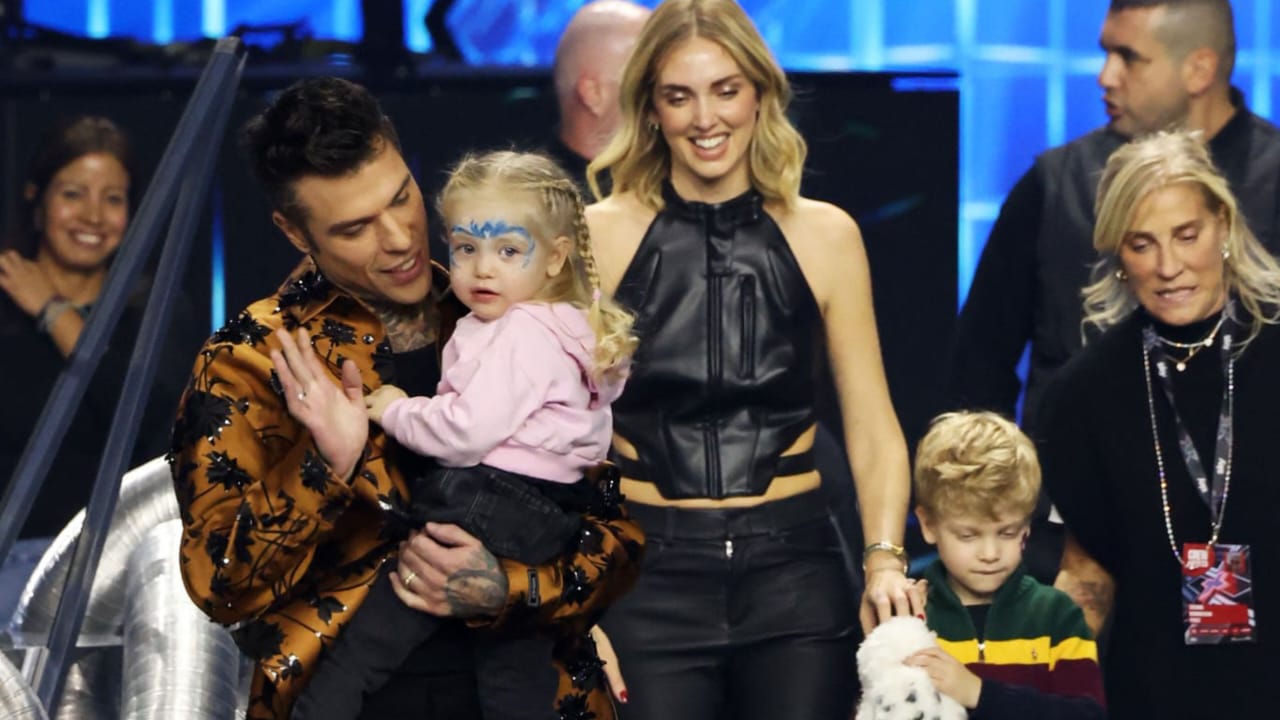Chiara Ferragni, one of the top-rated Italian influencers who holds almost 30 million followers on Instagram, has been fined €1.075 million (€927,000) for using a sales strategy of falsely funding the earned money to help a children’s hospital in Turin.
On Tuesday, Ferragni had to face a storm of trouble that she had caused by her sales strategy of false charity through the sales of a “designer” version of the Italian Christmas cake called “pandoro.” She has been fined by the antitrust authority, allegedly over the last part of the cake for the last few weeks.
Ferragni, along with her co-branded Italian confectionery company Balocco, had misled the customers by advertising that the amount obtained from the sales of the pandoro would be donated as a donation to a child hospital in Turin. Whereas a donation of €50,000 had already been made by Balocco on his own months prior to the announcement of the funding sales.
Chiara Ferragni uses the funding strategy for “pandoro” to earn extra sales.
The news regarding the case of the Easter Egg, produced by Dolci Preziosi and endorsed by Ferragni, had earned far more than usual earnings by promising it would go to a good cause. Balocco alone had funded a total of around 36 thousand euros in two years, but Ferragni, despite earning 1.2 million euros in 24 months from her egg brand, had donated nothing from it.

The news was first broken out by II Fatto Quotidiano after getting behind the scenes, and later on, journalist Selvaggia Lucarelli updated further information related to the case on X (formerly Twitter).
Lucarelli, on her X account, said, “After a few telephone calls to examine the issue of the egg yesterday, the old posts promoting the Easter eggs on Ferragni’s Instagram page quickly disappeared. Fortunately, I and other people had saved some of these the day before.”.

After the confectionery company became a reality, Balocco and Ferragni came out. On Monday, Ferragni issued a public apology video over the “Pandora” case. The influencer said that the issue occurred due to some “communication errors,” and she’ll take responsibility for it by donating one million euros to Regain Margherita, a child hospital in Turin, to show her remorse.
As confirmed by Franco Antonella, the founder of the I bambini delle Fate association, the actual intention of the company was to write the sum decided for the donation as linked to sales, but it was refused. Ferragni was tried to be contacted multiple times by Antonella, but it wasn’t possible, and he marks this fraud in social work as a shame.

In regard to the Balocco case, the advertisements have implied that the earnings from the sales of the pandoro and the donation amount have no correlation. As Franco Cannillo, owner of Dolci Preziosi, said, Ferragni was already paid for giving her image for the sales, and they, on her behalf, had to make donations, which was not part of their contract.
There was a watchdog of a competitor company who kept an analysis of everything and bought the news out with evidence of the false funding strategies to gain extra sales money, and this has been destructive for the company as well as for Ferragni.

As reported by the BBC, the “Pandoro Pink Christmas” designed by Ferragni was sold for more than €9, which is twice the usual price of the classic pandoro Balocco produces. Ferragni had to pay the fine for her discourteous attempt.
The authorities have also issued fines to the companies that were linked with Ferragni, totaling over 1 million euros. In a Sunday speech, Premier Giorgia Meloni said things that were indirect but seemed like a bullseye to Ferragni’s case, and it seemed quite bashed.




